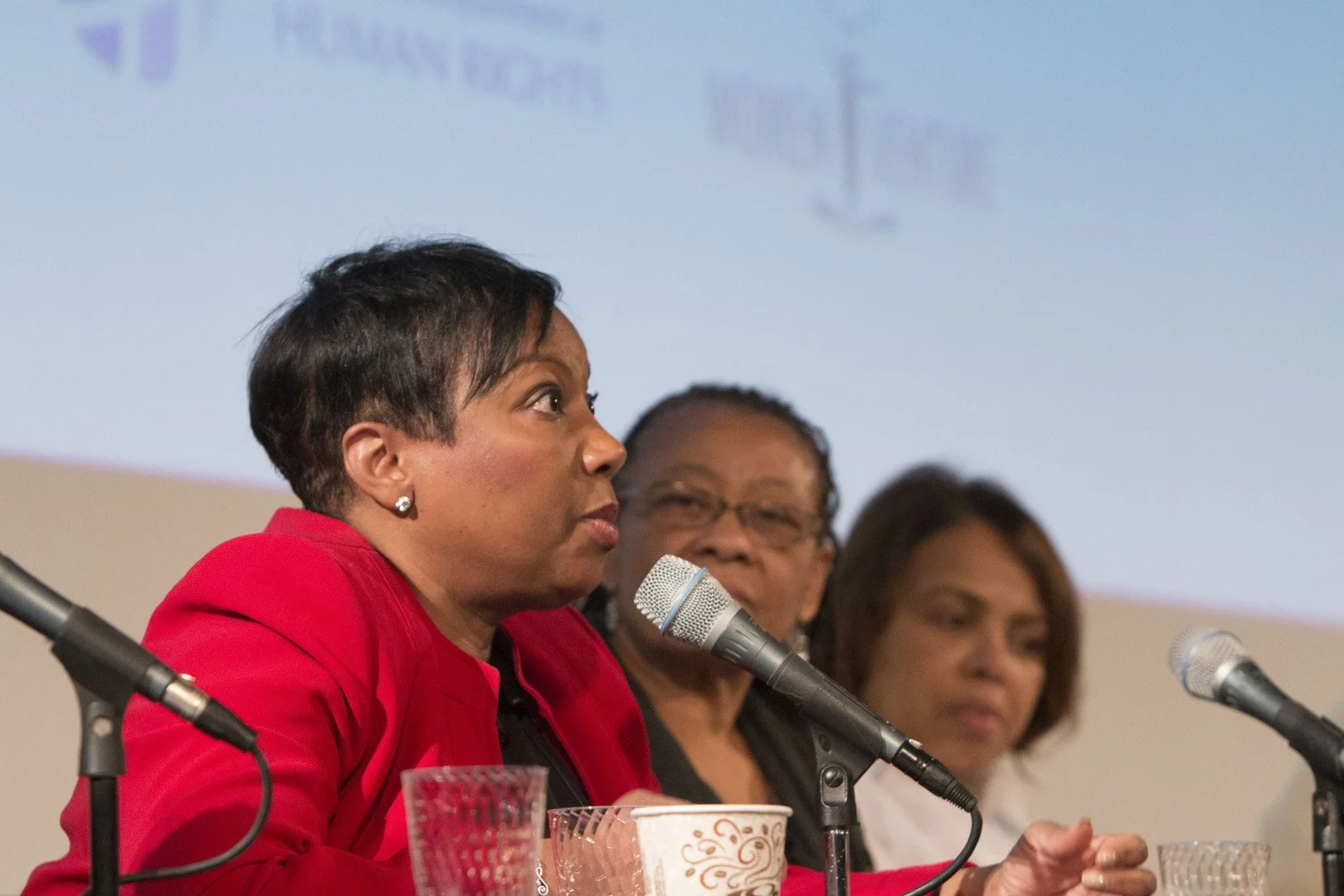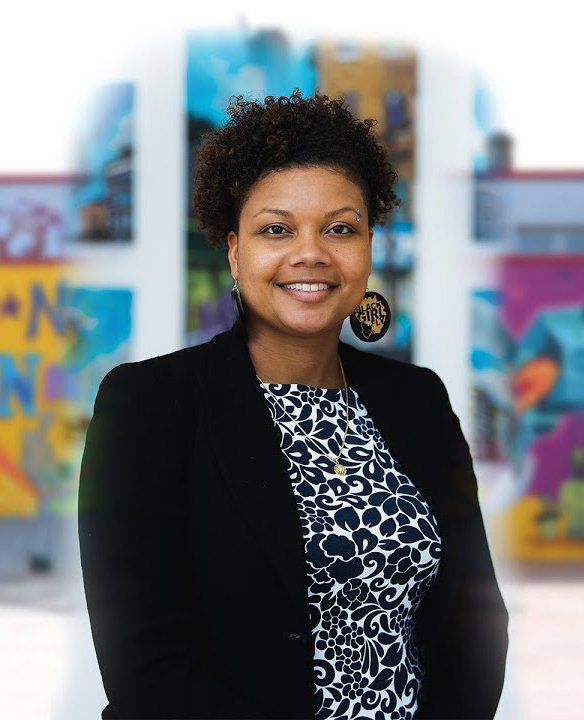
Dr. Brittany Lewis
Meet Dr. Lewis
CEO and Founder of Urban Excellence
Dr. Brittany Lewis is a well-respected community engaged qualitative scholar, thought leader, author, and professor known for bringing those most often locked out of local decision-making processes to the action research table for over 10 years. Dr. Lewis is the CEO and Founder of Research in Action, an urban research, strategy, coaching and engagement firm, and is currently a Senior Research Associate at the Center for Urban and Regional Affairs (CURA) at the University of Minnesota. Formerly, Dr. Lewis was a Minneapolis Federal Reserve Bank Scholar in Residence and Visiting Assistant Professor at Macalester College in Political Science and American Studies. Dr. Lewis’ wrote the State of Minnesota’s first report on Black Women’s Economics in partnership with the Black Women’s Wealth Alliance. Dr. Lewis’ was the Principal Investigator of the Illusion of Choice: Evictions and Profit in North Minneapolis report and the Co-Principal Investigator on the recently published report entitled: The Diversity of Gentrification: Multiple Forms of Gentrification in Minneapolis and St. Paul. Dr. Lewis’s research was used in a Minnesota Supreme Court to expand rights for tenants facing evictions, as direct testimony at the Minnesota State Legislature, and to inform the human services and public safety impact agenda within Hennepin County helping to get rid of the self pay policy and the City of Minneapolis as they created their Renter’s Protection Ordinance.
Dr. Lewis' continued work as a well-respected community engaged action researcher has led to her appointment on the Metropolitan Council Livable Communities Advisory Committee, the City of Minneapolis Housing Advisory Council, and the State of Minnesota Working Group on Police Deadly Force Encounters. Dr. Lewis was sought out as a board member for the Minnesota Legal Rights Center and the Minnesota Housing Partnership and her expertise was featured in documentaries such as the Jim Crow of the North (2019) and A Fiery Unrest: Why Plymouth Avenue Burned (2019). Lastly, in 2020 Dr. Lewis was honored with a Bush Foundation Fellowship award, became a History Makers at Home Award by the Minneapolis Civil Rights Department and named one of the Top 100+ Leading Black Women by the Minnesota Black Chamber of Commerce.
My journey:
A series of humbling events
If you would have told me that, one day, I would be a Ph.D., researching communities as a profession, I wouldn't have believed you. As a queer Black girl who once experienced homelessness before finding security and love with a local Black family, I’ve learned a lot about life—and how I can create systemic change and strive toward a stronger tomorrow.
It all started in college. When I took urban studies and urban politics classes, I was struck to see that Black women were framed as the culprits of urban decay, time and time again. It hurt me. The people who have sustained me the most when I needed it were Black women.
I wanted to be part of telling their story—a story that exists in the margins.
I fell in love with bell hooks and Angela Davis. I fell in love with women who were, far before their time, radically asserting their identities and ideologies that disrupted the nation.
To put it simply: Black women tell you the truth that we often don't want to hear.
Critically Acclaimed Reports
-

The State of MN’s First Report on Black Women’s Economics
In 2015, Dr. Lewis was hired by the Black Women’s Wealth Alliance (BWWA) through a Kris Nelson Community Based Research Grant administered by the Center for Urban and Regional Affairs (CURA) to write the State’s first report on Black women’s economics and to help launch the organization. Read more.
-

Illusion of Choice: Evictions and Profit in North Minneapolis
Single Black mothers face the highest risk of eviction in the United States. Matthew Desmond’s 2016 book Evicted: Poverty and Profit in the American City brought this national crisis from the margins to the center of public discourse. From 2013-2015, approximately 50% of renter households in North Minneapolis. Read more.
-

The Diversity of Gentrification and Displacement
In 2015, there was an impasse in discussing the realities, perceptions and implications of gentrification in the region. CURA partnered with Equity in Place, a coalition of community-based groups, to define research questions that would bring clarity to the conversation and inform the research design. Read more.





